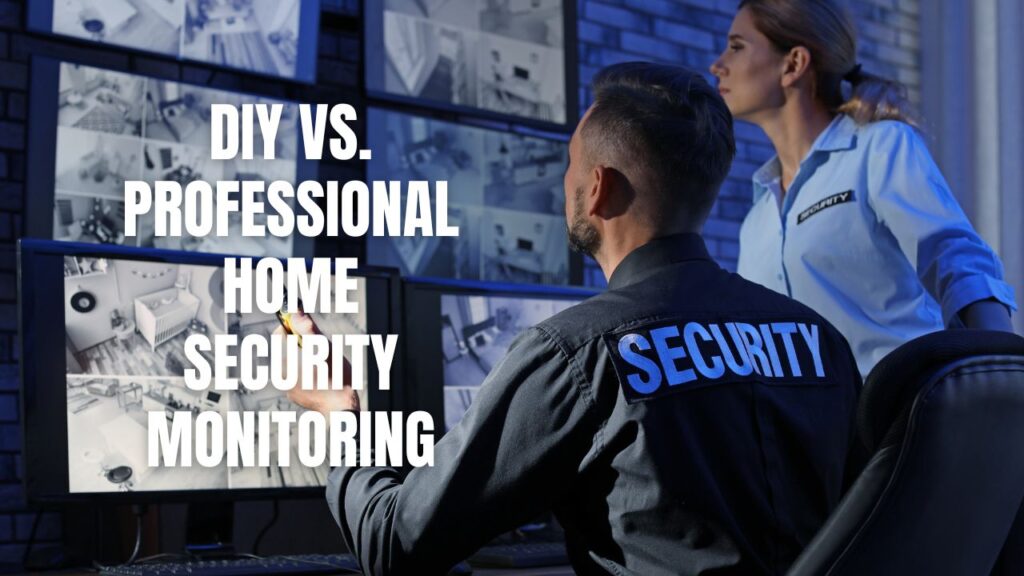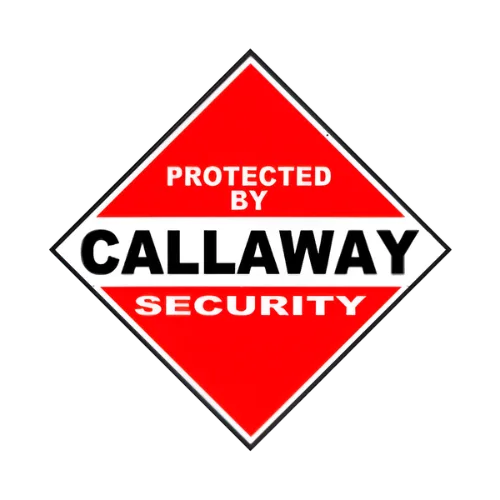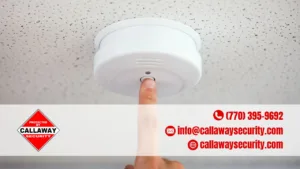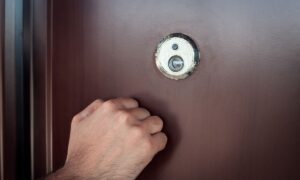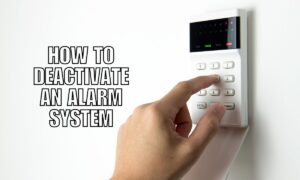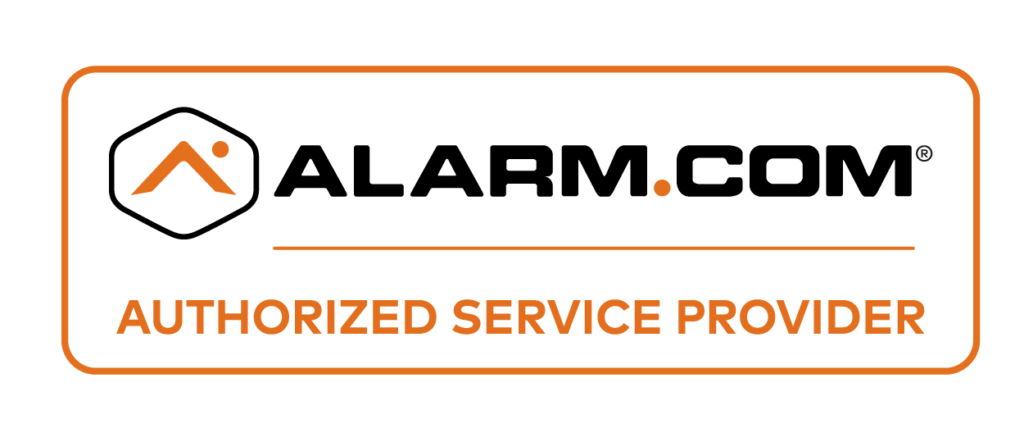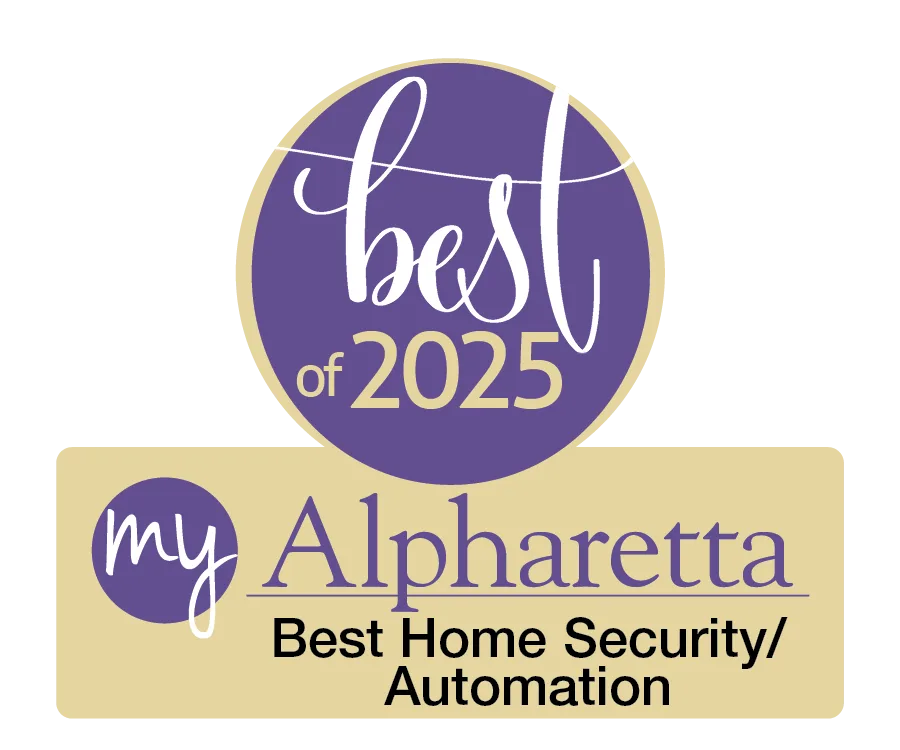In an era where technology seamlessly integrates with our daily lives, the importance of home security has become more pronounced than ever. One of the crucial decisions homeowners face is whether to opt for a do-it-yourself (DIY) security system or enlist the expertise of professional home security monitoring services. This blog post aims to dissect the intricacies of both options, shedding light on their pros, cons, and the factors to consider when making this pivotal choice.
Understanding the Basics
DIY Home Security Monitoring: Empowering Homeowners
DIY home security systems empower homeowners to take charge of their security. These systems often consist of user-friendly devices like cameras, sensors, and alarms that can be easily installed without professional assistance. Let’s explore the key components of a typical DIY setup:
- Smart Cameras: Modern DIY security systems feature smart cameras equipped with high-definition video capabilities. Brands like Ring, Arlo, and Nest offer easy-to-install cameras that provide real-time monitoring through mobile applications.
- Motion Sensors: DIY systems often include motion sensors to detect any suspicious movement. These sensors can trigger alarms or notifications, alerting homeowners to potential threats.
- Smart Alarms: DIY security systems typically feature smart alarms that can be controlled remotely. These alarms can be customized to suit specific needs, offering peace of mind whether homeowners are at home or away.
Professional Home Security Monitoring: Expertise at Your Service
On the other end of the spectrum, professional home security monitoring services bring a wealth of expertise and round-the-clock surveillance to the table. Here are the key elements of a professional monitoring service:
- 24/7 Surveillance: Professional monitoring services operate 24/7, providing constant surveillance and immediate response to security alerts. This continuous monitoring ensures that any potential threat is addressed promptly.
- Emergency Response: In the event of a security breach, professional monitoring services can dispatch emergency responders, such as the police or fire department, to the location. This swift response can be critical in preventing or minimizing potential damage.
- Integration with Emergency Services: Many professional monitoring services seamlessly integrate with emergency services, allowing for a faster and more coordinated response in case of an emergency.
Comparative Analysis
1. Cost Considerations
DIY: The upfront cost of DIY home security systems is often lower than opting for professional monitoring services. Homeowners can choose from a variety of affordable devices and gradually expand their system as needed.
Professional: While the initial cost may be higher, professional monitoring services typically involve a monthly subscription fee. However, this fee covers continuous surveillance, emergency response, and maintenance, making it a comprehensive solution.
2. Installation and Setup
DIY: DIY systems are designed for easy installation, allowing homeowners to set up the system without professional help. This not only saves money but also provides a sense of accomplishment and control.
Professional: Opting for professional monitoring means relying on experts for installation. This ensures that the system is set up correctly and is fully operational from the start, eliminating any potential user errors.
3. Customization and Scalability
DIY: DIY systems offer a high degree of customization. Homeowners can choose the specific components that meet their needs and add or upgrade devices over time as their security requirements evolve.
Professional: Professional monitoring services often come with predefined packages. While these packages are comprehensive, they may limit the flexibility of customization. However, they are usually scalable to accommodate changing security needs.
4. Reliability and Expertise
DIY: DIY systems rely on the expertise of the homeowner. While advancements in technology have made these systems user-friendly, the effectiveness ultimately depends on proper installation and maintenance.
Professional: Professional monitoring services bring a level of expertise and reliability to the table. Trained professionals handle monitoring, ensuring a quick and appropriate response to security alerts.
Choosing the Right Option
The decision between DIY and professional home security monitoring hinges on various factors, including individual preferences, budget constraints, and desired features. Here are some considerations to help homeowners make an informed choice:
- Security Needs: Assess the specific security needs of your home. If you live in a high-crime area or have valuable assets to protect, the added layer of expertise provided by professional monitoring may be crucial.
- Budget: Consider your budget, both for the initial setup and ongoing monthly fees. DIY systems are generally more cost-effective upfront, while professional monitoring services provide a comprehensive solution for a recurring fee.
- Technical Proficiency: Evaluate your technical proficiency. DIY systems are designed to be user-friendly, but some level of technical knowledge is still required. If you prefer a hands-off approach, professional monitoring may be the better choice.
- Scalability: Think about your future needs. If you anticipate expanding or upgrading your security system over time, a DIY setup may offer more flexibility. However, if you prefer a set-it-and-forget-it approach, professional monitoring may be the way to go.
Conclusion
In the ever-evolving landscape of home security, the choice between DIY and professional monitoring is not one-size-fits-all. Both options come with their own set of advantages and considerations. DIY systems offer empowerment, customization, and cost savings, while professional monitoring services provide expertise, reliability, and round-the-clock surveillance.
Ultimately, the decision boils down to personal preferences, budget constraints, and the level of security desired. Homeowners must weigh the pros and cons carefully, considering factors such as installation ease, ongoing maintenance, and the ability to integrate with other smart home devices.

